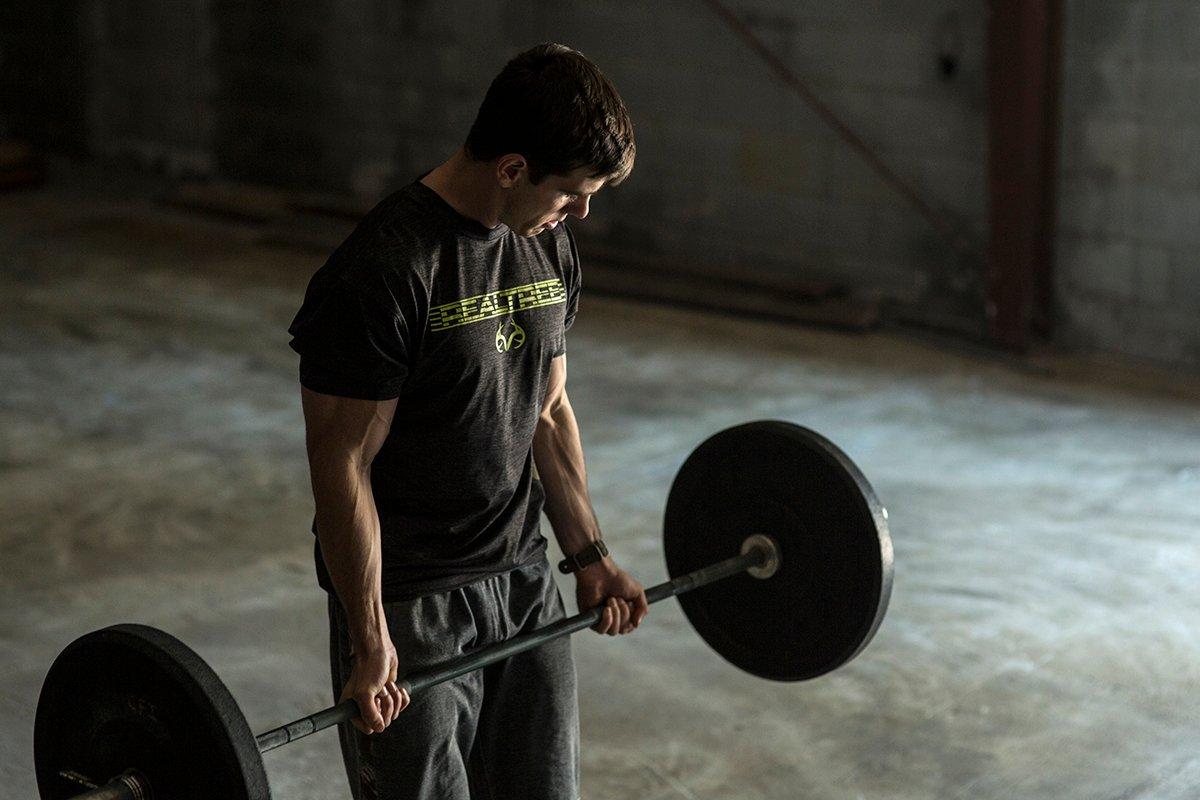Pre-Season Sweat Makes Life Easier Come Fall
Some folks greet get-in-shape-now-for-hunting-season blogs and articles with not-so-subtle eye rolling, and it's easy to see why. Most duck hunters are preparing for early-morning boat rides, not high-country sheep hunts.
But if you do any walk- or wade-in hunting — think jump-shooting, free-lancing prairie potholes or lugging gear into fields where you cannot drive — you'll want to prepare physically. No, you won't have to scale 8,000-foot peaks many days, but if you've thrown a field blind over your back, grabbed two bags of full-body honker decoys and stumbled across 300 acres of muddy wheat stubble in the dark, you know fitness has a place in duck blinds and goose fields.
Here's a quick look at a general pre-season fitness plan. Your body will thank you in November.
Cardio
This can take many forms, but for our purposes, it's probably best that the activity replicate physical stress you'll endure during the season. That's why I favor running, as it challenges my cardiopulmonary capacity every workout and prepares my legs for the rigors of tough walks or wading through muck. However, any cardio activity that gets your heart and lungs going is great. If you don't want to run, go for long, brisk walks. Or train on an elliptical machine or similar device at the gym. The best workout is the one you complete consistently. Get that ticker pumping.
Weights
Moderate weight training can pay great dividends during waterfowl season. Decoy bags and field blinds are heavy, and it's not easy straightening and tightening a multiple-decoy line in rough water.
There's no need to deadlift 500 pounds. Just identify and stick to a common-sense weight-training plan that works all your major muscle groups, including chest, shoulders, trapezius, biceps, triceps, quadriceps, hamstrings, calves, upper back (lats) and lower back. Free weights work best, but machines or resistance bands are better than nothing. Oh, and don't forget your abdominal muscles and general core training. Sitting up to shoot in a layout boat or field blind can be tough work if your gut isn't prepared.
Specific Combination Training
General cardio and weight training will get you about 80 percent ready for the season. To really fine-tune your approach, throw in specialized workouts that replicate a physically stressful hunting activity. For example, wade long stretches upstream while fishing to prepare for pre-dawn walks through water. Walk or jog with a heavy pack to simulate a full decoy bag or large field blind. Use kettle bells or other weights to mimic the load and motion involved with heaving large strings of Texas-rigged decoys aboard a boat. You get the idea: Practice for how you hunt.
Diet
Many duck hunters like to eat, and camps usually feature lots of great food. No need to abstain. Just realize that following sensible eating habits and keeping your weight reasonable before the season helps you hunt longer and more efficiently. I'm no diet guru, but in general, try to focus on smaller portions and natural foods, such as green vegetables, fresh fruits and lean meats and fish. Avoid consuming too much sugar, and stay away from processed foods whenever possible. Staying lean and mean helps your body deal with the stress and punishment of a long waterfowl season — and you won't have to blow tons of money on new clothing every fall.
Consistency
So many people don't have much free time to work out. That's understandable in today's society. Do what you can when you're able. But if nothing else, try to exercise consistently and maintain a fairly stable diet. A week of hard training does little good if you follow it with a month off. Being disciplined and motivated during the off-season will make fall and winter waterfowl forays easier and more enjoyable.
Click here for more Realtree waterfowl hunting content. And check us out on Facebook.







